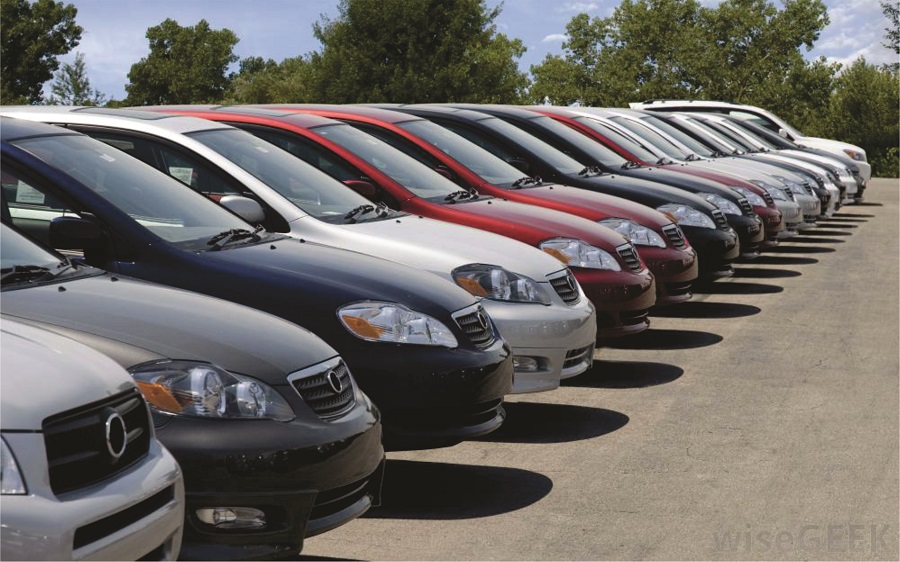 • Warn against economic stagnation, seek immediate intervention
• Warn against economic stagnation, seek immediate intervention
Importers, shippers, clearing agents and allied professionals have expressed frustration with the Federal Government’s handling of import duty exchange rates, citing a lack of leadership and proactive measures to stabilise the rate as a setback for the economy.
They described the situation as an emergency for the Nigerian economy as prices of cars and some other commodities have increased by around 100 per cent since January.
They condemned the explanation given by the Chairman of the Presidential Committee on Fiscal Policy, Taiwo Oyedele, regarding the Federal Government’s inability to approve a fixed exchange rate for assessing import duties.
Oyedele explained that President Bola Tinubu could not simply issue an executive order to implement a fixed exchange rate for Customs duties, as the recently re-enacted 2023 Customs Act specifies a market-driven exchange rate.
His comments came amid persistent concerns over Nigeria’s high inflation rate and the increasing challenges faced by businesses navigating trade regulations and unstable prices.
The stakeholders warned that if the country could not achieve a stable exchange rate for imports, the economy could face turmoil, as importation is already declining.
The Manager of Client Services at Inspired Cars, Iwayeye Olatunji, raised concern about the future of vehicle importation in Nigeria, citing skyrocketing costs driven by fluctuating exchange rates and rising operational expenses as serious challenges.
Olatunji highlighted the dramatic decline in car imports, noting that the high cost of importation makes it increasingly difficult for consumers, especially lower-income buyers, to afford vehicles.
Prices of cars have increased with some doubling in the past year. For instance, a 2010 Lexus RX 350, which sold for N10 million to N11 million last December, currently goes for as much as N23 million, which is over a 100 per cent increase.
Olatunji noted that smaller Hyundai cars, which used to sell for N2.6 million two years ago, cost over N5 million.
The Public Relations Officer of the Tin-Can Island chapter of the Association of Nigerian Licensed Customs Agents (ANLCA), Onome Monije, disclosed that the high cost of clearing goods has triggered a 60 per cent drop in car importation.
He said clearing has gone up by as much as 80 per cent between last and this year.
Monije urged the National Assembly to review the Customs Act to provide relief to importers facing high costs, emphasising that the crisis has an enormous impact on the masses.
The Head of the Customs and Trade Facilitation Committee at the Importers Association of Nigeria (IMAN), Ajanonwu Vincent, expressed frustration with the arbitrary increase in customs duties, which he believes discourages importation and could cripple Nigeria’s foreign trade.
Vincent criticised the lack of government control, citing a dramatic decline in cargo throughput, and warned that if the situation continued, foreign trade volume would further deteriorate.
A former president of the Shippers Association of Lagos (SALS) and Vice Chairman of the Business Action Against Corruption (BAAC) Integrity Alliance, Jonathan Nicol, painted a bleak picture of the future, saying rising exchange rates and burdensome customs charges are driving up the cost of importing goods.






